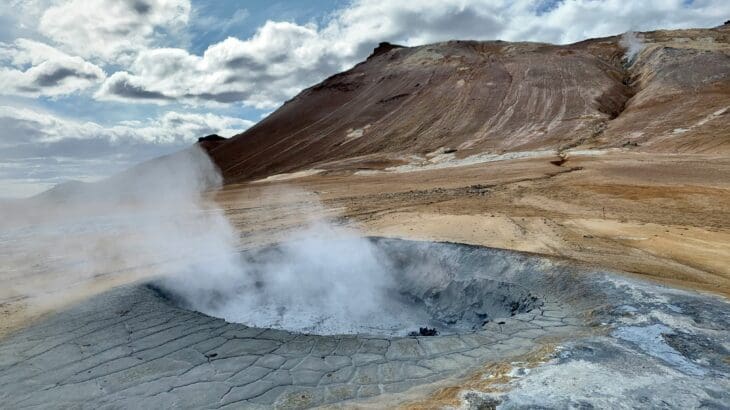CARICOM nations are under pressure to reduce carbon emissions and stem the import of fossil fuels. Carbon trading would provide the credits for lowering verified sources of emissions, an attractive possibility for Trinidad and Tobago which has a largely unregulated oil market and the second-highest carbon emissions per capita in the world. Caribbean reliance on diesel and other oil imports are between 10 and 25 percent of the each nation’s GDP and thus, an enormous constraint on their ability to mitigate climate change. Venezuelan subsidies have contributed to the CARICOM fossil fuel dependence, although homeowners and business owners pay an average of 30 cents per kWh of electricity. The Rocky Mountain Institute and the Carbon War Room are both trying to help the governments of CARICOM islands shift to renewable energy sources for electricity, although most island utilities are worried that they will lose their monopolies as this transition progresses. In fact, cutting emissions where they are plentiful (like Trinidad and Tobago) could be as much as 40 percent cheaper than cutting oil and gas emissions on public lands in the United States. Considering that these island nations have much to lose from impacts of climate change, such as sea level rise, CARICOM leaders are under pressure to make carbon trading a regional trend.


